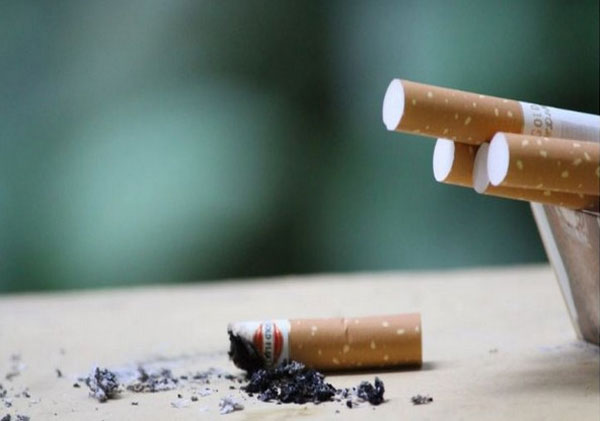Daijiworld Media Network - New Delhi
New Delhi, Aug 11: As vaping continues to dominate headlines, health experts are sounding the alarm over a far more entrenched and deadly problem: traditional tobacco products like cigarettes, bidis, gutkha, and khaini. These substances, they say, are silently fueling a youth health crisis in India — significantly increasing the risk of lung, mouth, and throat cancers.
According to the 2019 Global Youth Tobacco Survey, 8.5% of Indian students aged 13-15 use tobacco. Experts link tobacco to 1.35 million deaths annually, with over 90% of lung cancer cases in India tied to combustible tobacco products.
“In my practice, I see patients as young as 17 with tobacco-induced complications,” said Dr. Narender Saini, Chairman of the AMR Standing Committee at the Indian Medical Association. “We need prevention, regulation, and public awareness — not just selective panic around vaping.”

Vaping Debate Overshadowing a Larger Crisis
While public attention is focused on new-age nicotine delivery systems like vapes, experts warn that traditional tobacco use — especially smokeless forms — continues to thrive in schools and rural areas, largely unchecked.
“We’re missing the real crisis,” said Dr. Chandrakant S Pandav, Padma Shri awardee and former HoD at AIIMS. “The grip of cigarettes, bidis, and chewable tobacco on India’s youth is far greater than trendy alternatives. It’s time we realign our priorities.”
Pandav emphasized that cultural acceptance, easy accessibility, and lack of enforcement allow traditional tobacco to flourish, particularly in underserved regions where anti-tobacco messaging rarely reaches.
Immediate and Long-Term Health Risks
Dr. Pawan Gupta, a senior pulmonologist at a leading hospital, said that early use of traditional tobacco leads to lifelong consequences, including oral cancers, respiratory diseases, and heart conditions.
“Every day, we see the damage. The science is clear — traditional tobacco is a killer, and the most vulnerable targets are our youth,” he said.
Dr. Saini also highlighted the comparatively rare incidence of vaping-related illnesses versus the widespread impact of conventional tobacco, arguing for a broader, more data-driven public health strategy.
What Experts Recommend
Health professionals are calling for:
• School-based prevention programs
• Community-level awareness campaigns
• Tighter regulation and enforcement
• Comprehensive policies targeting both supply and demand
“We must bridge the gap between data and policy,” Dr. Pandav added. “Protecting young Indians means treating all tobacco — not just the trendy kind — as a public health threat.”
As the country prepares to intensify its anti-tobacco initiatives, experts insist that ignoring the dangers of traditional tobacco products could undermine the entire fight against addiction and non-communicable diseases.